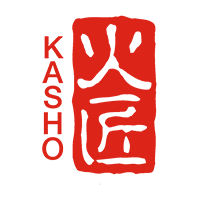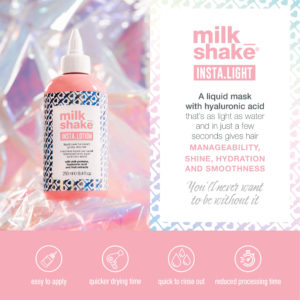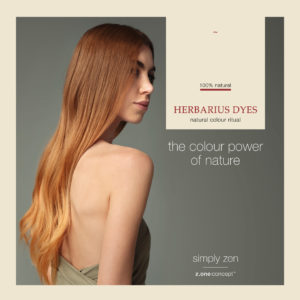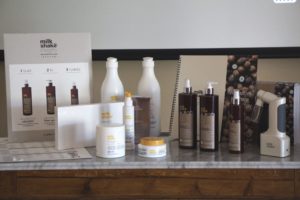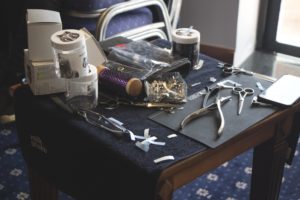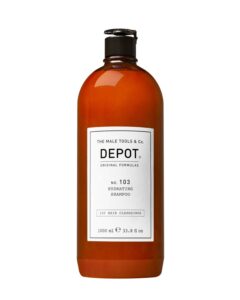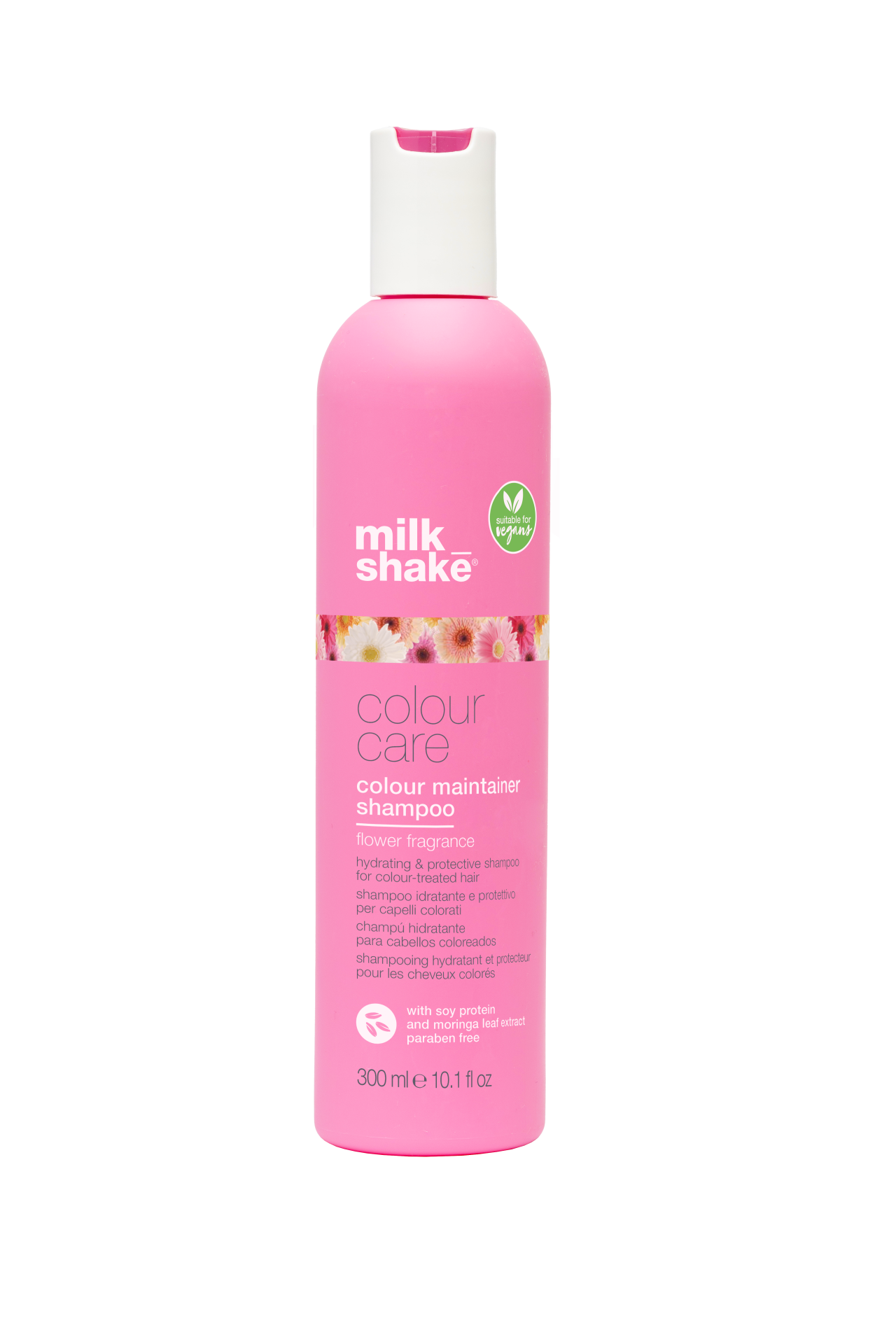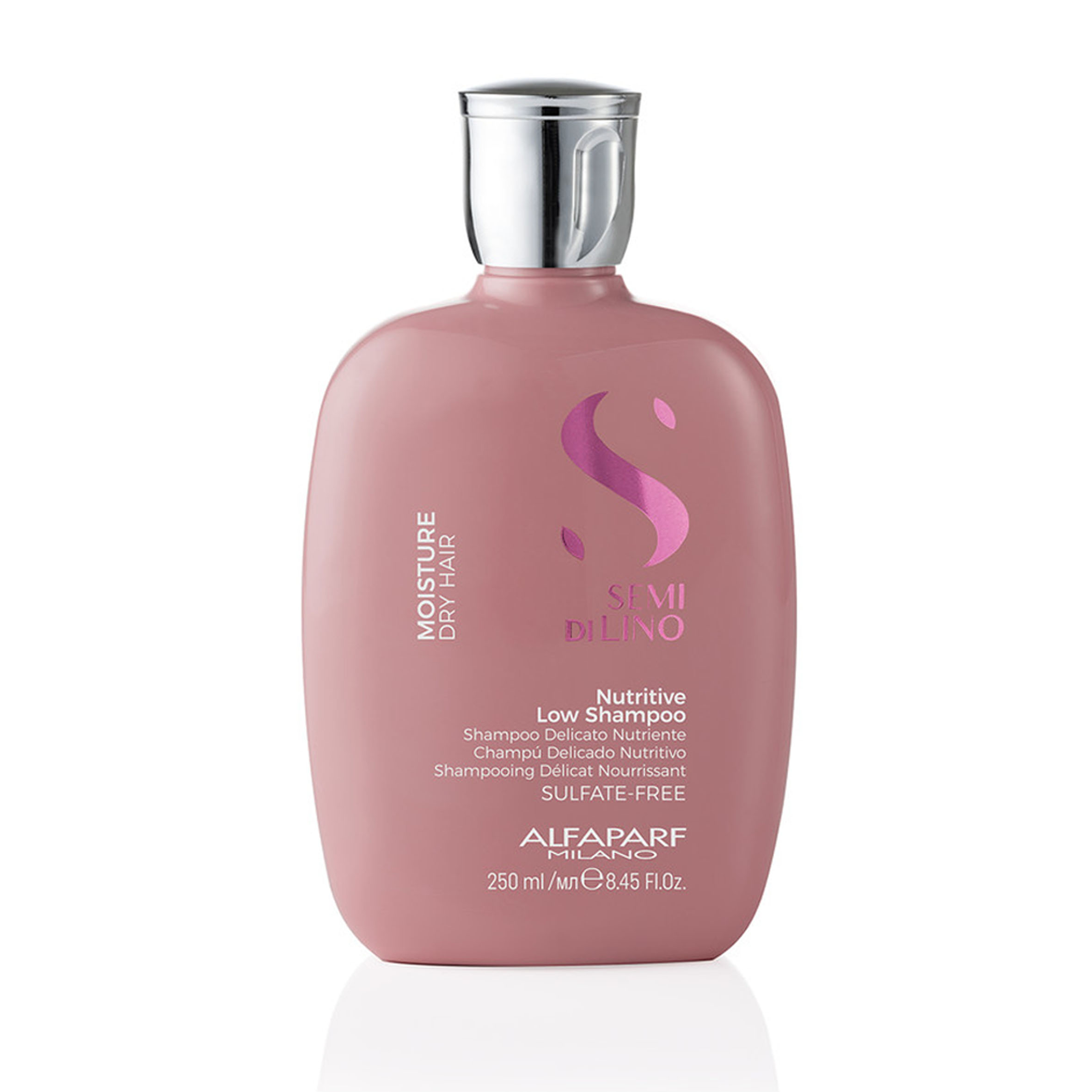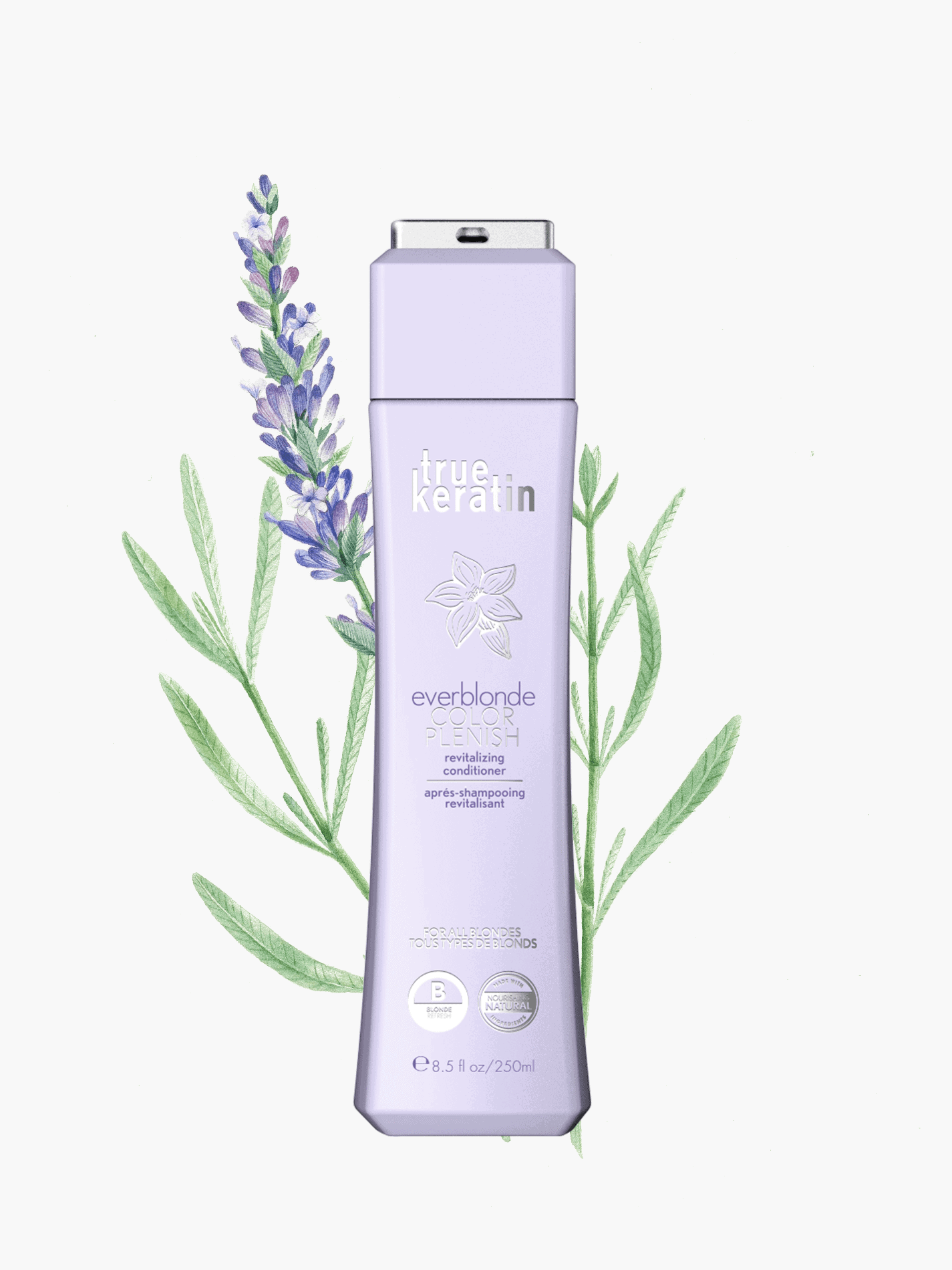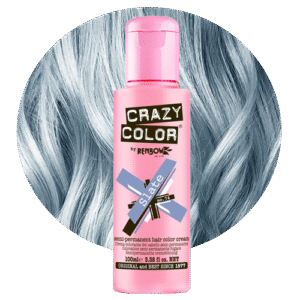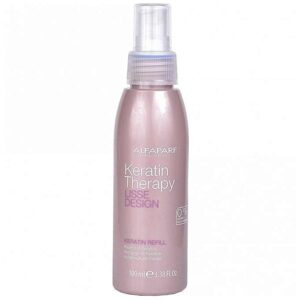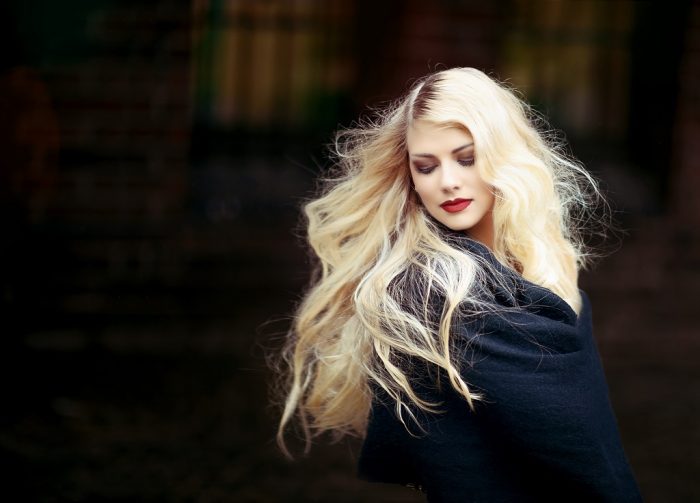Hair damage is caused by extremely harsh treatment such as dye overload, excessive heat styling and too much exposure to the sun. Exposure to the elements, such as sea salt and sun in summer, is a major cause of damaged hair in Malta. The hair’s protein bonds weaken, the hair becomes dehydrated and the cuticle opens up. This results in shedding, tangling, breakage, split ends, frizziness and dulled shine. By recognising the signs, you can take the necessary steps to care for damaged hair and restore it to health.
If you are shampooing daily, especially in the summer because of beach visits, alternate with washing your hair with just water and conditioner. Cowashing still cleans hair but apply the conditioner only midshaft to the ends. Protect your hair from heat styling damage caused by blow dryers, curling irons and flat irons by applying a heat styling cream on damp hair and setting the temperature on low. Trim your ends regularly, approximately every 6 to 8 weeks.
condition vs chemicals
As we already mentioned, weather can really impact the condition of hair. Protect it with a sunscreen for hair and wear a hat. Use hair hydrating and conditioning products with natural oils such as coconut, olive or argan oil, glycerin, sorbitol or shea butter. Try these hair care products and treatment for damaged hair. Avoid any kind of chemical styling such as perms, relaxers and permanent hair colour when your hair is damaged. Chemicals strip hair from its natural moisture and weaken the strands, making it dull and frizzy.
take care of the night
Get into a night routine to care for damaged hair. Detangle with a Tangle Teezer before bed – this also helps spread the oils from your scalp along your strands. Tie long hair into a loose bun and sleep on a silk or satin pillow case to avoid friction and reduce moisture absorption typical of cotton.
choose the hair diet
The hair diet works both inside out and outside in. A bad diet will immediately show up in dull, lifeless hair. Ensure your diet includes plenty of healthy fats, such as those founds in avocado, fish and olive oil. Any foods that contain essential fatty acids will induce more natural oil production in a dry scalp. The kitchen is also a great place to whip up some home-made hair masks. Purchased conditioning masks are carefully formulated, however you can alternate if your hair needs deep conditioning regularly to reduce the expense. Ingredients such as avocado, eggs, lemon, honey and olive oil are typically used in home-made hair masks – just ask Google.
If you enjoyed this article on how to care for damaged hair, please share it – someone else might like it too!
